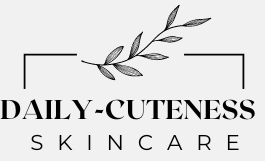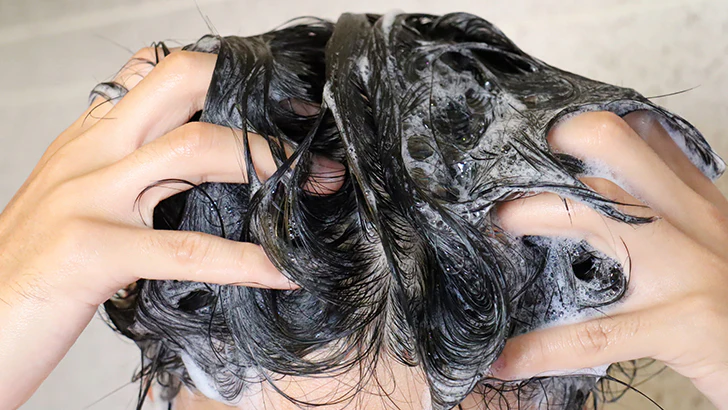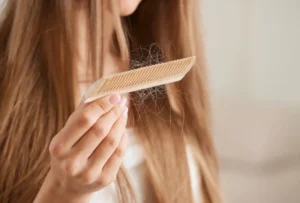get started
How do you know how important scalp health is?
A healthy scalp is the basis for strong, colorful hair. However, we often forget it in our beauty routine. In 2024, hair care technology has come a long way and people are becoming more aware of overall health, so head care is more important than ever.
How to care for your scalp
How to choose the right shampoo to cleanse your hair and scalp
To have healthy skin, you must first choose the right shampoo. Look for sulfate-free products that are healthy for your hair type and skin. Stay away from shampoos that contain strong chemicals that can dry out your skin and strip it of its natural oils.
Don’t wash too much
Cleanliness is a good thing, but too much washing can do more harm than good. Too much washing can disrupt the balance of scalp oils, causing dry, itchy hair and even dandruff. Depending on your hair type and lifestyle, you should wash your hair at least two to three times a week.
How to properly care for your hair
Apply conditioner. Don’t apply too much conditioner to your scalp.
Do not apply conditioner to your head; only use conditioner on the ends of your hair. Conditioner should only be used on the mid-lengths and ends of the hair and not on the head. This keeps your hair clean and healthy and prevents product build-up.
Rinse thoroughly
After using the conditioner, rinse your hair thoroughly. Using too much conditioner can make your hair feel heavy and leave your scalp feeling greasy. Rinse your hair with cold water instead of hot water, as hot water can dry out the skin even more.
How to eat to keep your scalp healthy
Include nutrient-dense foods
Healthy fats (Omega-3)
Omega-3 fatty acids are important for hair health because they keep the head hydrated and reduce swelling. To keep your hair healthy, eat foods such as oily fish, flax seeds and walnuts that are rich in omega-3 fatty acids.
Take antioxidants and vitamin E
Antioxidants and vitamin E help protect hair from free radical damage and support healthy cell renewal. You can get more of these important nutrients by eating foods like bananas, almonds and nuts.
drink enough water
To keep your skin and hair healthy, you need to stay hydrated. Drink enough water at different times of the day to keep your body and hair hydrated. Drink at least 8 glasses of water per day and vary the amount you drink based on factors such as exercise level and weather.
A lifestyle for a healthy scalp
Take care of stress levels
Use relaxation techniques
Stress can cause skin problems such as redness, itching and hair loss. Doing something relaxing every day, such as yoga, meditation, or deep breathing exercises, can help keep your hair calm and healthy.
exercise regularly
Exercise is good for your overall health and also helps blood flow to your head. Better blood flow to the scalp will provide the hair cells with the nutrients and oxygen they need to grow and prevent scalp problems. Try to get at least 30 minutes of light exercise most days of the week.
Protect the scalp from external damage
Wear a hat or scarf in bad weather
Extreme weather, such as direct sunlight, wind and cold temperatures, can damage your skin and hair. If you are outside for long periods of time, especially when the sun is shining, cover your head with a hat, scarf or protective hairstyle.
Reduce exposure to hazardous chemicals
Chemicals in hair dyes, styling products and pollution from your environment can damage your skin and disrupt its natural balance. If you can, choose natural and organic hair care products to limit your exposure to harsh chemicals. Also, don’t use too many heat styling tools or chemical treatments on your hair.
Special treatment for scalp problems: medicated shampoos for dandruff and dandruff
If your skin suffers from dandruff or dandruff, you can try a medicated soap containing zinc pyrithione, coal tar, or salicylic acid. These ingredients help remove dandruff and relieve itchy scalp.
Use natural remedies such as tea tree oil
Because tea tree oil kills bacteria and reduces inflammation, it is often used as a natural solution for hair problems. Tea tree oil can help get rid of dandruff and itching on your hair if you mix it with a carrier oil such as olive oil or coconut oil.
Treat scalp irritation and inflammation with gentle, sulfate-free products
If your skin is prone to irritation, choose hair care products that are gentle and sulfate-free. Sulfates can do it
These professionals can examine your skin and tell you which methods are best for your problem.
Take a whole-body approach to scalp health
image:
Not only do they make you feel good about your head, but they also have health benefits because they improve blood flow to your scalp. To stimulate hair cells and help hair growth, gently touch your head in circular motions with your hands.
Make hair grow faster
As you rub your scalp, use a scalp-friendly oil such as coconut oil, argan oil or hemp oil to help your hair produce many vitamins, supplements and nutrients that are good for your skin, learn more
Seek professional help
Talk to a dermatologist or skin doctor
A dermatologist or cephalologist can provide a closer examination of your head and recommend specific treatments, such as prescription medications or scalp treatments, to help resolve your problem.
Explore alternative therapies such as acupuncture
In addition to conventional treatments, acupuncture and other non-traditional methods can help with hair growth and head health. During acupuncture, fine needles are inserted into certain areas of the body to promote healing and balance. Acupuncture can help promote hair growth by improving blood flow to the head and reducing morbidity.
To sum up
You can keep your scalp healthy, balanced, and free from common problems like scalp debris and trauma. Don’t forget to keep your hair care routine up to date for more information:


